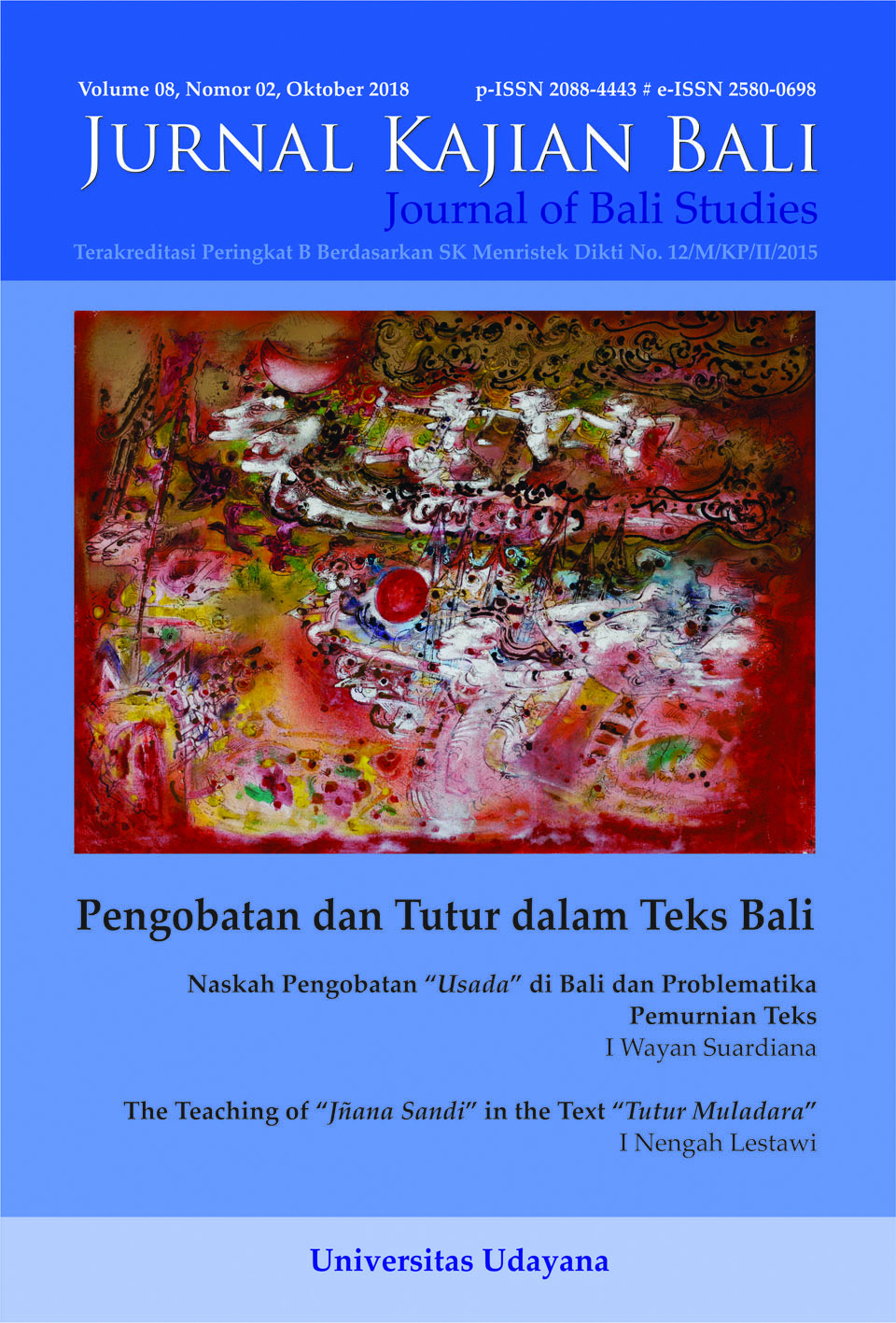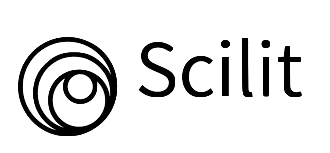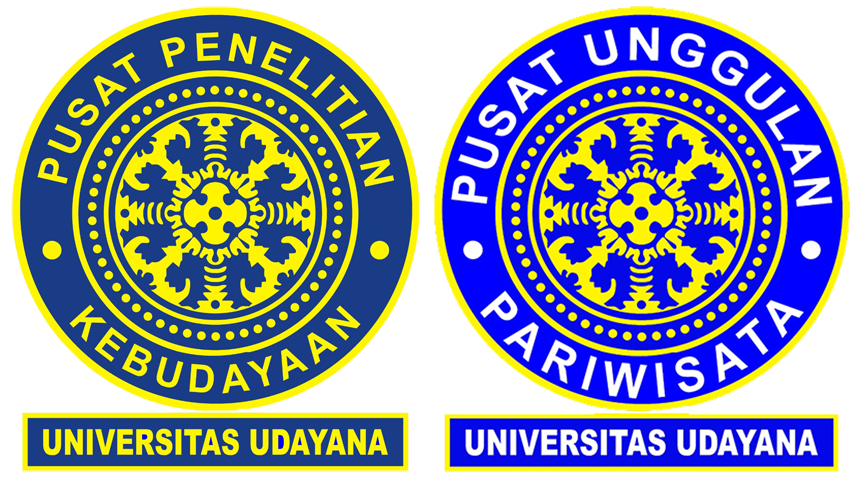Mengolah Sampah menjadi Rupiah: Latar Belakang Sosial dan Perubahan Citra Pemulung di TPA Desa Bengkala, Buleleng, Bali
Abstract
This article examines the background of scavengers at Bengkala village landfill and its working pattern in processing certain organic wastes into rupiah through pig farms. Data was collected by in-depth interview techniques, observation, and document study, then discussed with sociocultural and adaptation theories. Analysis shows that scavenger background included poverty, unemployment, market economic pressure, individualism reinforcement, waste as a source of sustainable fortune, not exclusive, and scavenger as an informal sector. All of these lead to change image of scavengers which were originally considered dirty, rough, ugly, and low, turned into the opposite, so that someone is willing to be a scavenger. Waste as a source of livelihood comes from inorganic waste in the form of junk and certain organic waste as pigs food. Pig farmers process organic waste so that it produces pigs for their own consumption and is sold to meet various basic needs for the family.
Downloads

This work is licensed under a Creative Commons Attribution 4.0 International License.



















